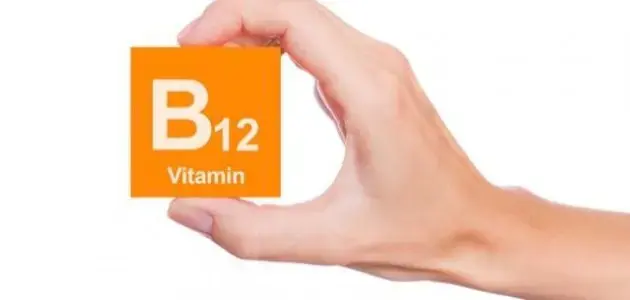What’s Vitamin B12 Anyway?
Vitamin B12, also known as cobalamin, is a water-soluble vitamin that your body needs but can't make on its own. It’s naturally found in a variety of foods and is sometimes added to others. This vitamin plays a big role in many essential functions in your body.
Why Is Vitamin B12 Important?
Vitamin B12 helps with a bunch of things, including:
- Making red blood cells: Having enough B12 helps keep your red blood cells healthy and in the right shape. Without it, you might have fewer of them or they might turn larger and oval-shaped.
- Keeping bones strong: Low B12 levels may lead to lower bone density and a higher risk of osteoporosis.
- Supporting pregnancy: B12 is key during early pregnancy. A deficiency can raise the risk of birth defects like neural tube issues, as well as miscarriage or premature birth.
- Mood support: While scientists are still learning how, B12 seems to help with the production of serotonin, which affects mood.
- Eye health: It may help protect against age-related macular degeneration, a condition that affects vision as you get older.
- Energy production: B12 helps your body turn food into energy.
- Brain and nerve health: It supports the nervous system and overall brain function.
- DNA production: Your body needs it to make DNA properly.
Where Can You Get Vitamin B12?
There are plenty of food sources rich in B12, including:
- Chicken
- Lamb and beef
- Dairy products like milk, yogurt, and cheese
- Fish like tuna and salmon
- Eggs
- Liver
- Fortified foods, like some breakfast cereals and nutritional yeast
What About B12 Supplements?
If you’re low on B12 or at risk for a deficiency, your doctor might recommend supplements. These come in several forms:
- Pills or capsules you swallow
- Chewable tablets or drops, often used for kids
- Nasal spray
- Injections
It's best to take B12 supplements in the morning on an empty stomach with a glass of water.
How Much B12 Do You Need?
Here’s what’s recommended daily:
- Adults and teens (14+): 2.4 micrograms
- Pregnant women: 2.6 micrograms
- Breastfeeding women: 2.8 micrograms
For kids:
- 0–6 months: 0.4 mcg
- 7–12 months: 0.5 mcg
- 1–3 years: 0.9 mcg
- 4–8 years: 1.2 mcg
- 9–13 years: 1.8 mcg
How Do You Know If You Have Too Little or Too Much B12?
Signs of a B12 Deficiency:
- Loss of appetite
- Unintentional weight loss
- Tingling or numbness in hands and feet
- Memory or focus issues
- Nausea, vomiting, or diarrhea
- Swollen or inflamed tongue/mouth
- Vision problems
- Yellowish skin tone
- Feeling down or irritable
Signs of Too Much B12:
- Frequent headaches
- Stomach issues like nausea, vomiting, or diarrhea
- Feeling weak or tired
Of course, symptoms alone aren’t enough for a diagnosis. Your doctor can run a blood test. If your B12 is under 200 pg/mL, it’s considered low. If it’s over 900 pg/mL, it might be too high.
Who’s at Risk for B12 Deficiency?
You may be more likely to have low B12 if you:
- Have digestive conditions like Crohn’s or celiac disease
- Are over 75 years old
- Take certain medications like metformin or birth control pills
- Follow a vegetarian or vegan diet
Bottom Line
Vitamin B12 is essential for your body. It helps make red blood cells, supports your brain and nerves, strengthens bones, boosts your energy, and even helps regulate mood. It’s especially important for pregnant women and their babies. You can get it from animal-based foods or fortified options, and if needed, your doctor can guide you on taking supplements.
Leave a comment
Your email address will not be published. Required fields are marked *




